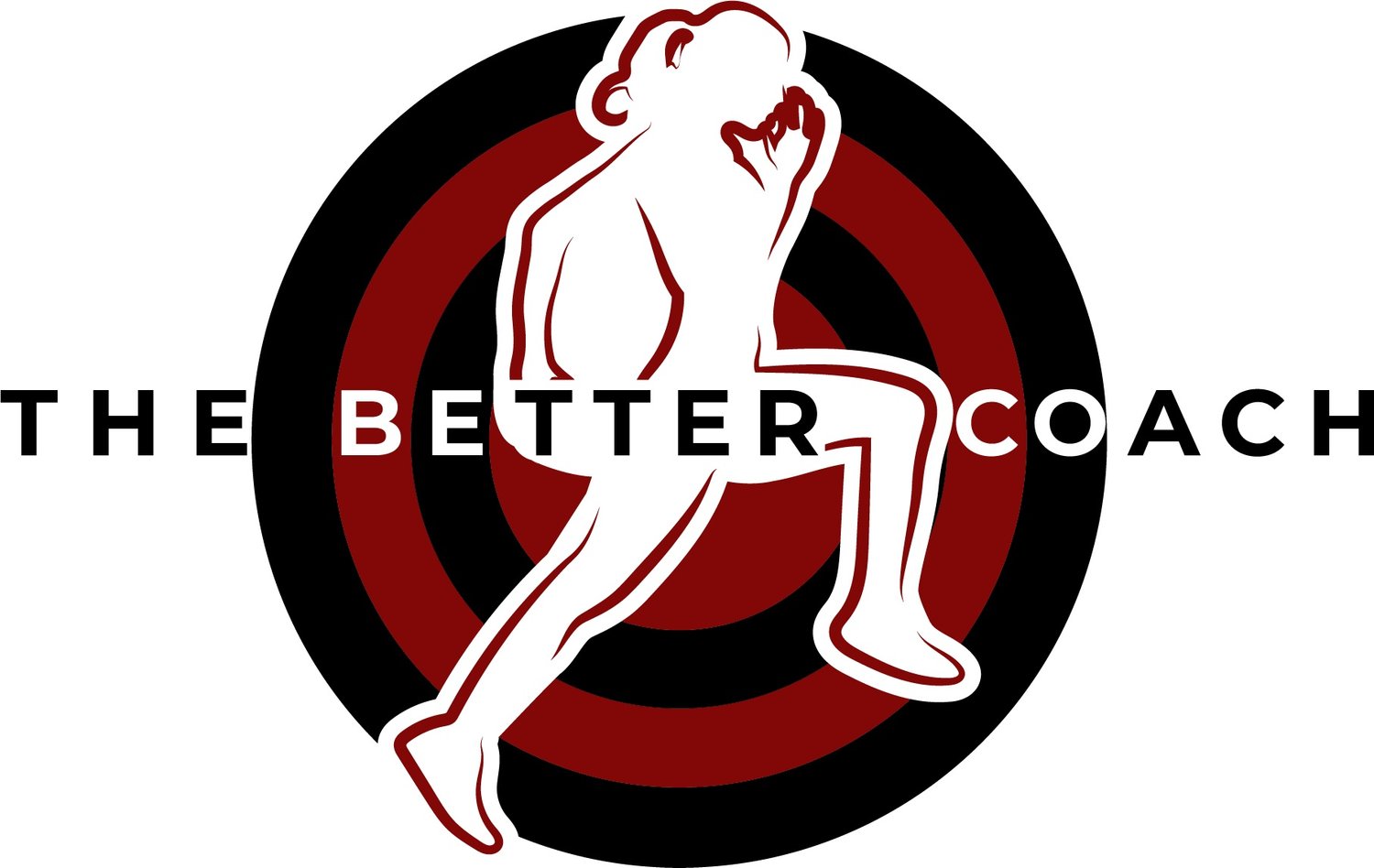From the Field to the Plate: How Proper Nutrition Can Transform Your Athletic Performance
Written by Keith Stickel, MS, CISSN, CSCS
As a student athlete, you are no stranger to the grueling hours of practice, training in the weightroom, and the constant pressure to perform at your best. But did you know that proper nutrition can play a huge role in your success, both on and off the field? Let’s explore the benefits of nutrition and some tips on how to implement it into your daily routine.
Benefits of Proper Nutrition:
1. Increased Energy - As an athlete, you need energy to power through your workouts, practices, and games. Nutrition provides your body with the fuel it needs to perform at its best. When you eat a balanced diet with the right combination of carbohydrates, protein, and healthy fats, your body can efficiently convert those nutrients into energy.
2. Improved Performance – When you eat a balanced diet, you provide your body with the vitamins and minerals it needs to function optimally. For example, calcium and vitamin D are essential for strong bones, while iron is necessary for carrying oxygen to your muscles.
3. Faster Recovery - After a tough training session, your body needs time to recover. Nutrition can help speed up that process by providing your body with the nutrients it needs to repair and rebuild muscle tissue. Eating a diet rich in protein and healthy fats can help your body recover faster and reduce your risk of injury.
4. Improved Body composition - If you want to gain muscle and strength, training alone is not enough. Eating the right foods, in the right amounts, and at the right times is essential for gaining muscle and/or losing fat.
Tips for Implementing Proper Nutrition
1. Eat a Balanced Diet - Your diet should include a variety of fruits, vegetables, whole grains, lean protein, and healthy fats. Eating processed foods and sugary snacks in excess can have negative effects on your health, body composition, and athletic performance.
2. Stay Hydrated - Drink plenty of water throughout the day, especially before, during, and after workouts. If you’re engaging in intense exercise or sweating heavily, consider drinking a sports drink that contains electrolytes to replenish lost nutrients.
3. Plan Your Meals - Planning your meals ahead of time can help ensure you’re eating a balanced diet. Make a weekly meal plan and prep your meals in advance to save time during busy days.
4. Snack Smart - Snacking can help keep your energy levels up throughout the day. Choose healthy snacks like fresh fruit, vegetables, nuts, or yogurt instead of sugary snacks or junk food.
To be a successful athlete, training is obviously important. However, your training sessions are often the easiest for you to accomplish each day. Consider how much time you invest into your training over a 24-hour day. It’s probably around a few hours, at most. On the other hand, proper nutrition requires constant attention throughout each day, every day. The bottom line: To truly reach your peak athletic potential, prioritize both your training AND nutrition.
Keith Stickel, MS, CISSN, CSCS
www.3snutritoncoaching.com
IG: themusclementorship

